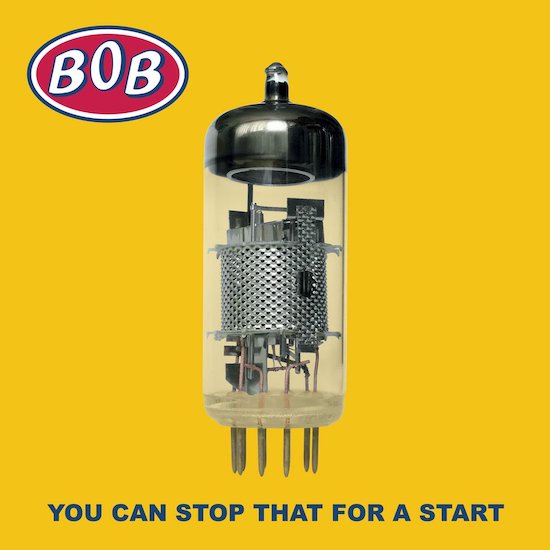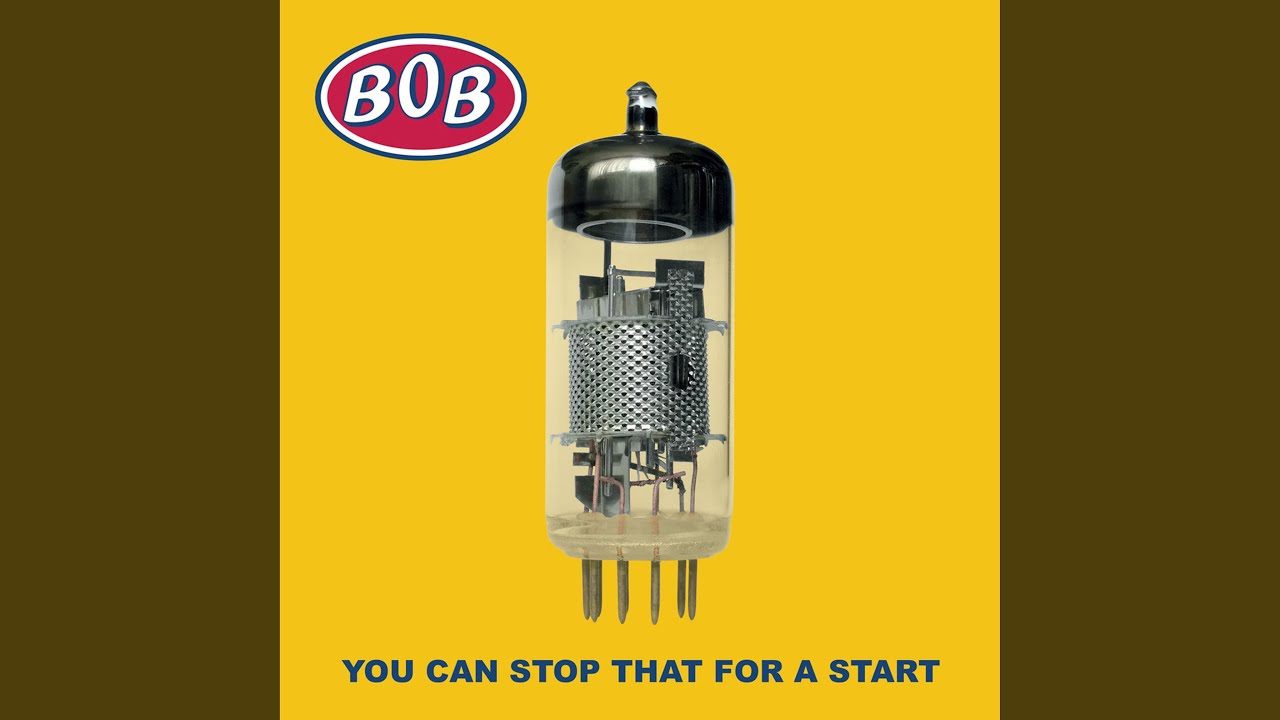Think of the 1990s: it’s union jack-clad, pastel-coloured optimism was symptomatic of something critic and theorist Mark Fisher called popular modernism – a trajectory that ran through post-war culture. Popular modernism straddled the experimental and the mainstream. With that came an era synonymous with disavowed retro culture via major label Britpop. But there were myriad alternatives. Stereolab’s sophisticated avant-pop sounded paradoxically futuristic, and Oasis’s real opposition was the birth of jungle and various iterations of techno.
The early 90s could have been a whole different epoch. Grunge and shoegaze was less exuberant, more cynical, and negated Britpop’s macho leanings. Then there were the latter years of indie pop, a genre from which a lot of music was cast aside as reductive, and frequently derided by the music press for being ‘twee’ simply because they dared to sing about feelings. In retrospect, it was far more subversive. Indie pop did share some of Britpop’s uniformity – its infatuation with 1960s culture, for one – but it was more often than not from a woman’s perspective, anti-macho and, ultimately, an antidote to Britpop’s overt masculinity (with the exception, perhaps, of Pulp). These little pockets of movements and subgenres – spawned by the likes of C86 and Sarah Records – had a permanence that Britpop lacked. Their DIY ethos continues to shape a lot of guitar music today.
North London indie group BOB are a case in point. You Can Stop That For A Start was initially written and recorded in 1992, but the release never materialised after the demise of Rough Trade’s distribution arm in the 90s, limiting sales of their first LP and forcing them to tour for an extended period to recoup costs. Disillusionment followed, and despite having produced a large body of unreleased work, they disbanded in 1995. Miraculously, this worked in their favour. Hundreds of hours of stage time left the band in peak form.
You Can Stop That For A Start isn’t typified by one specific musical era. In the context of 1992, it was a record ahead of the curve. Seamonsters-era bass litters every track, while the record as a whole has a lot in common with the pre-grunge US feel of J. Mascis and Dinosaur Jr. The melodic prowess of ‘Round’, ‘Sundown’, and ‘Plastic’ alludes to a preoccupation with early Teenage Fanclub and 60s British and American West Coast pop.
Guitarist and vocalist Simon Armstrong’s vocals work best when soft and unobtrusive, as opposed to the protracted, Oasis-like drawl that very occasionally seeps through. Elsewhere, the perfect, proficient pop of BOB’s 1989 single ‘Convenience’ is ever-present, and the spirited immediacy of power pop prevails. ‘Round’ is the best example of this, with its hook-heavy focus on melody, sporadic harmonies and lyrics that dwell on the mundane and everyday, such as growing up, settling down and monotony of adult life.
You Can Stop That For A Start is accompanied by a compilation of demos written and recorded around the same time. Some of these songs are album material: ‘There She Was’ could be a lost outtake from A Catholic Education, for instance. Although a product of its time, You Can Stop That For A Start sounds strangely pertinent, unlike a lost album – even in the context of 2020. That is the beauty of well-wrought guitar pop – it is resilient, despite all of its safeness.



